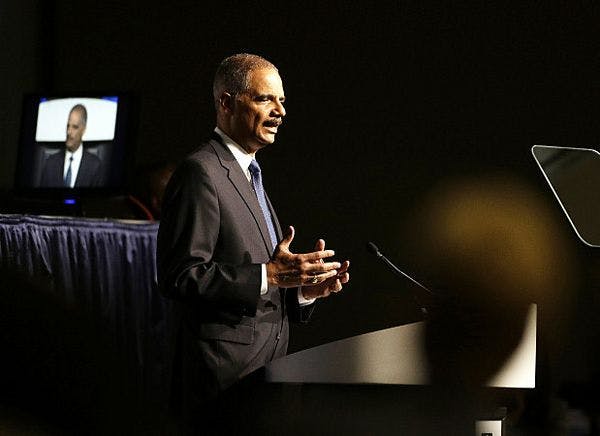The end of marijuana prohibition in the USA?
Have you read the 21st Amendment of the United States Constitution lately? With the gaining momentum of efforts to reform drug policies here and around the world, it’s an instructive, interesting, and very quick read.
In 1933, for the twenty-first time, America revised the document that anchors its legal and political systems and expresses the democratic and social aspirations of its people. In this instance, Americans called for an end to the disastrous 14-year experiment with mandatory alcohol prohibition.
When Congress proposed repeal of the 18th Amendment, which banned the manufacture, sale, and transportation of alcohol, it did two unusual things. For the first and only time, Congress decided not to entrust approval of a proposed constitutional amendment to the state legislatures. Instead, Congress chose the alternative method of ratifying a constitutional amendment: state ratifying conventions specially elected for that single purpose by voters in each state.
In other words, Congress was saying to each state: You decide whether you want to keep booze illegal or not within your state; the federal government won’t get involved, except to protect dry states from outside interference.
The U.S. Department of Justice has committed—at least for now—to essentially the same path for marijuana. Late last month, the Obama Administration announced federal law enforcement policy that would permit states to regulate marijuana production and distribution for adults.
In a remarkable memo to United States Attorneys across the country, Deputy Attorney General James M. Cole explained the Obama Administration’s solution to differences in state and federal marijuana laws.
Read here the full article.
Keep up-to-date with drug policy developments by subscribing to the IDPC Monthly Alert
Regions
Related Profiles
- Open Society Foundations (OSF)
